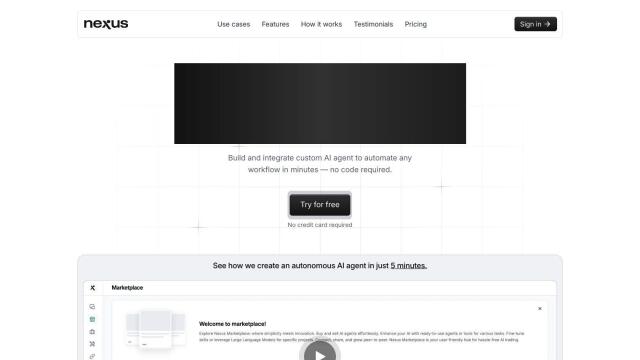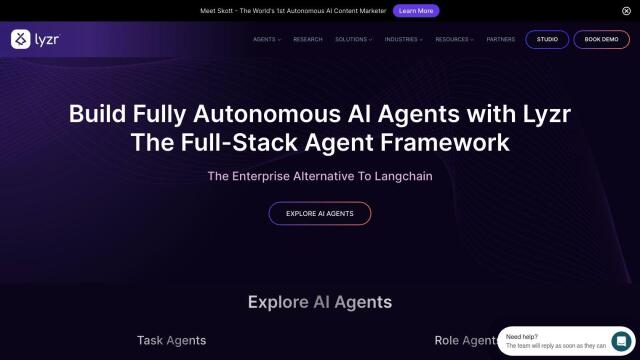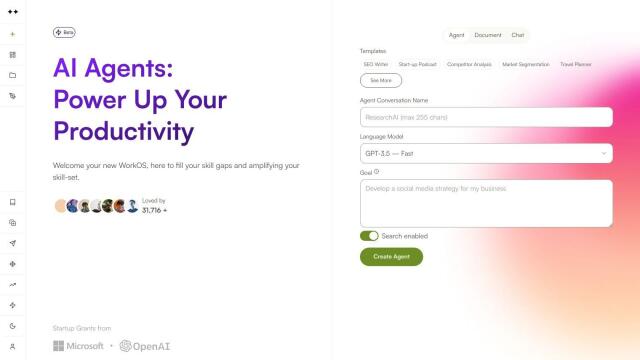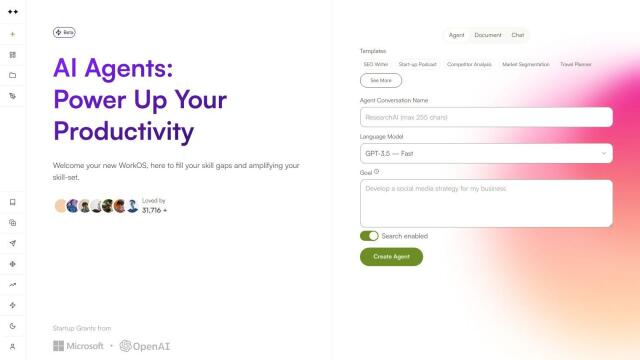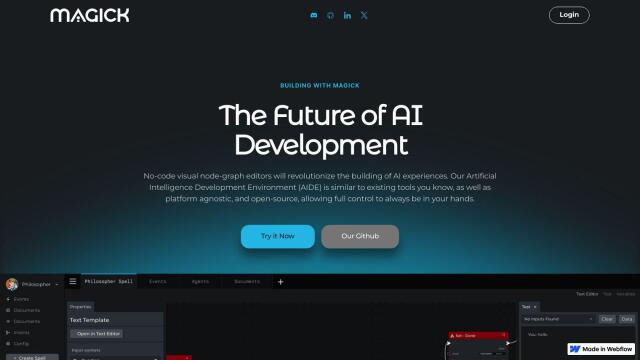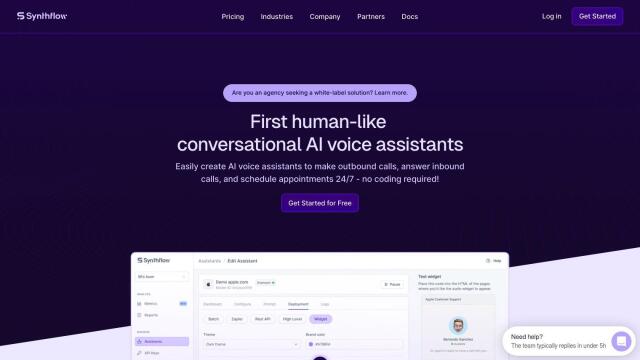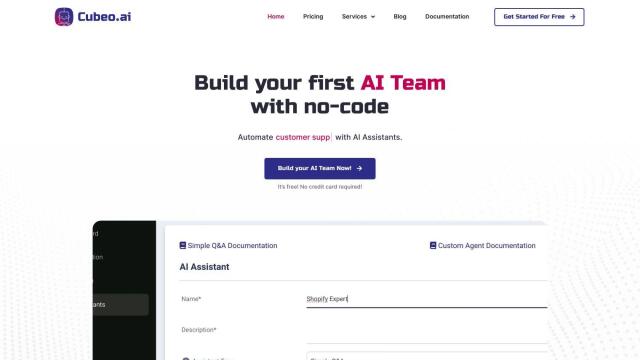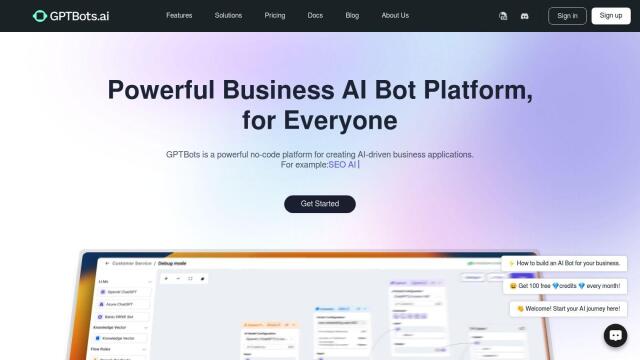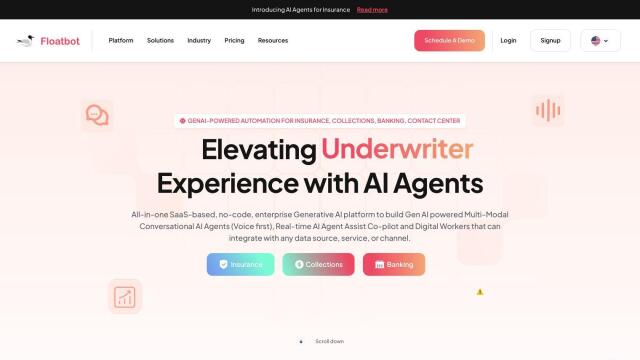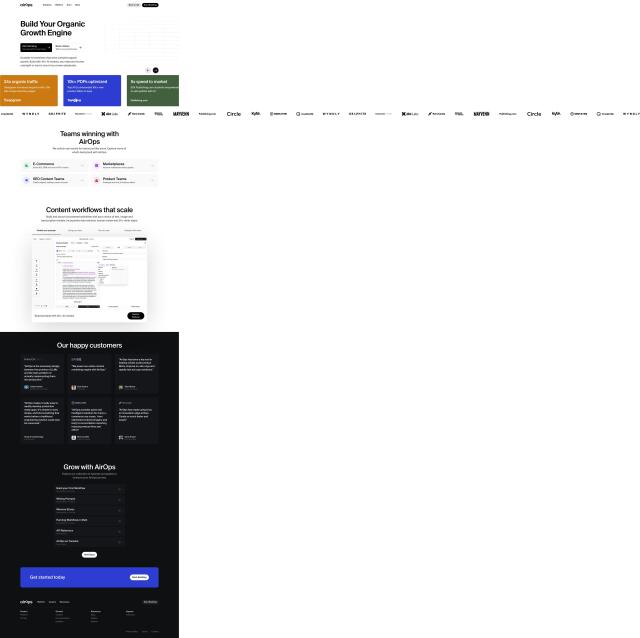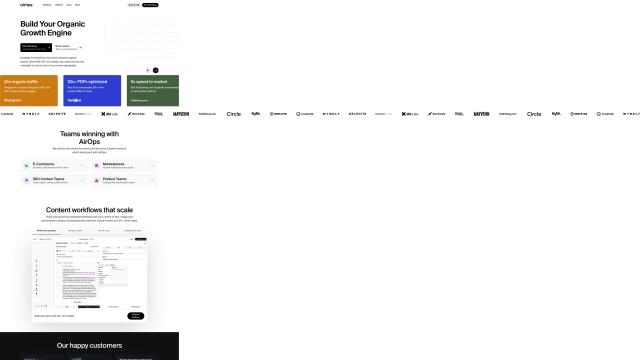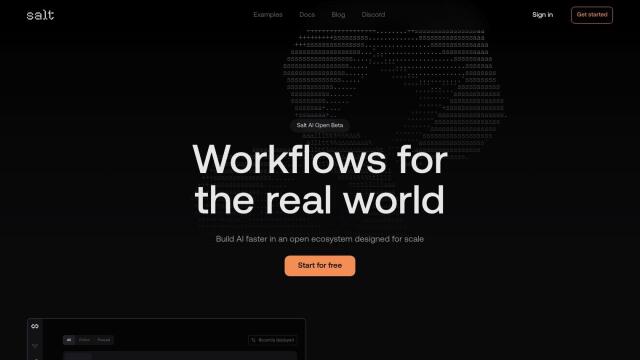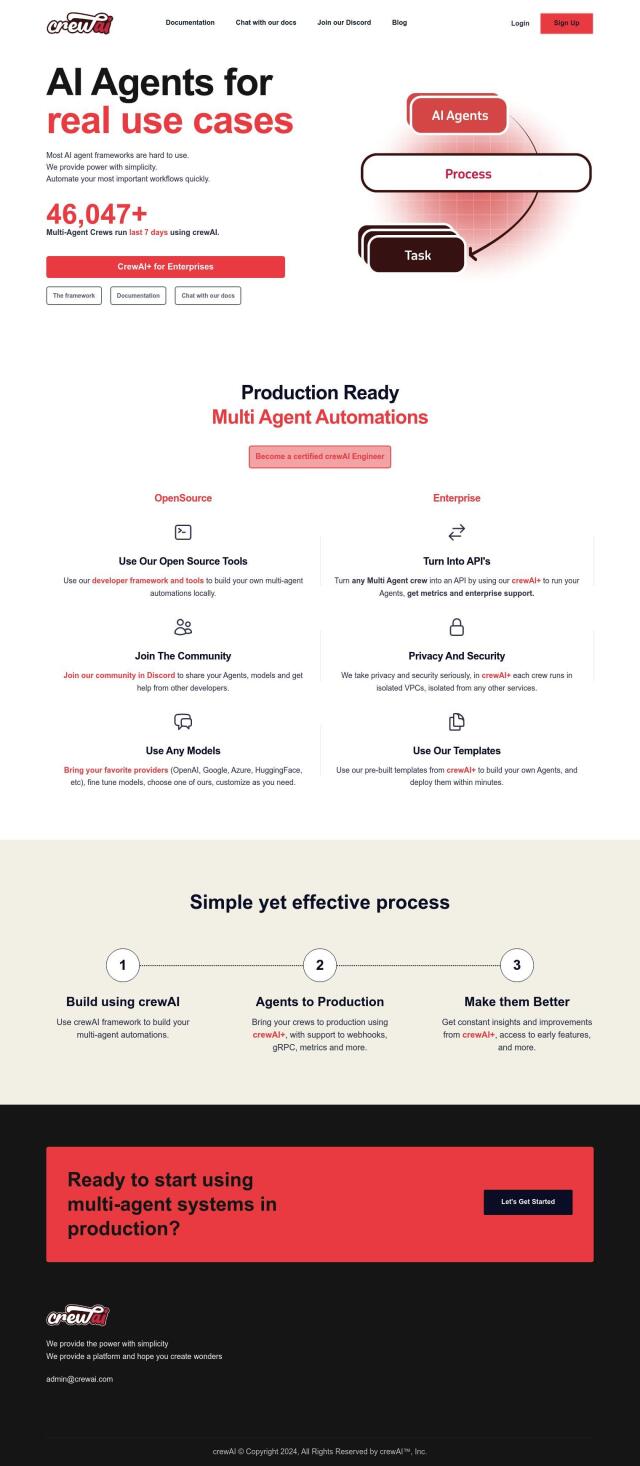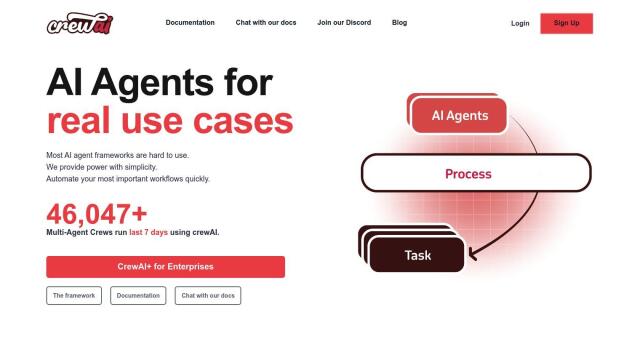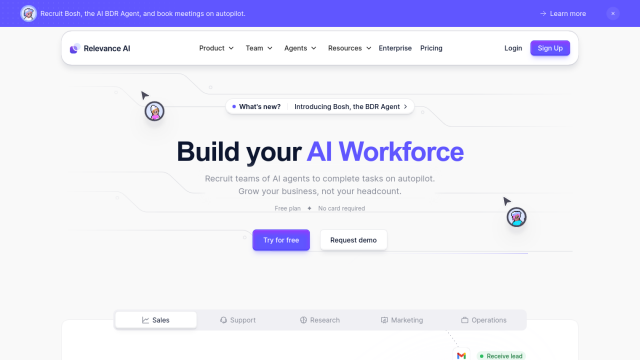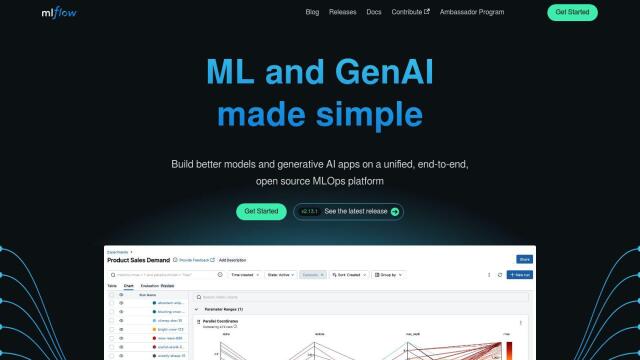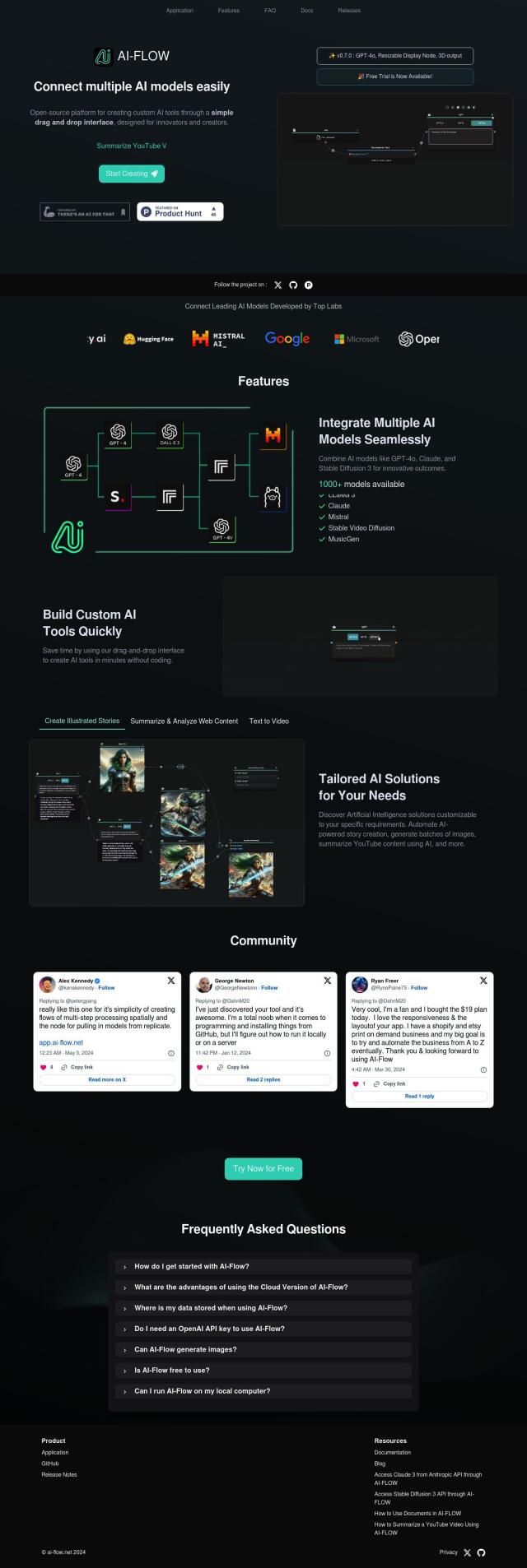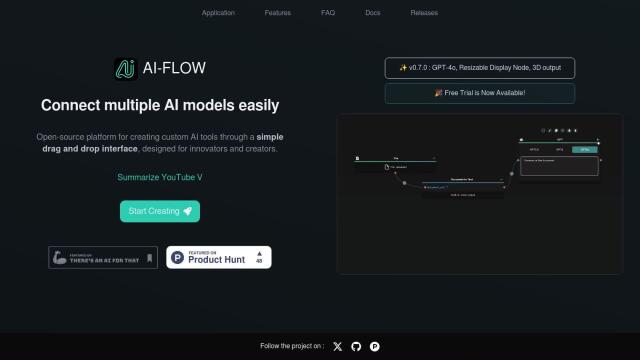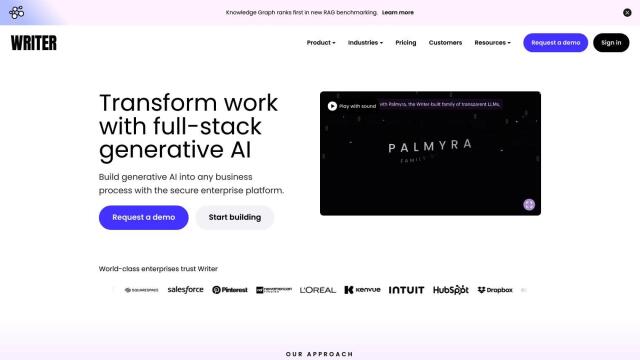Question: Do you know of a system that provides a low-code framework for setting up AI agent workflows and deploying them on my own cloud infrastructure?

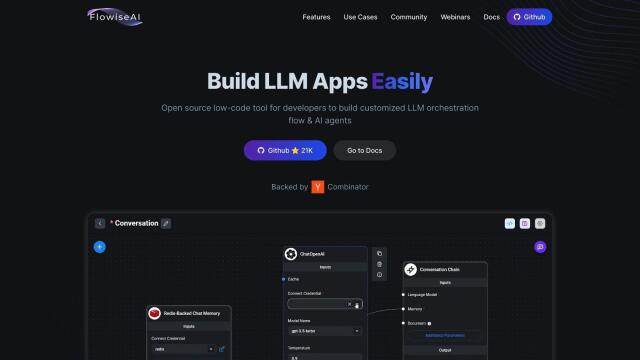
Flowise
If you want a low-code framework to define AI agent workflows and then run them on your own cloud computing infrastructure, Flowise is a good choice. It lets you define custom Large Language Model (LLM) orchestration flows and AI agents with a graphical interface. With more than 100 integrations, including Langchain and LlamaIndex, you can build self-contained AI agents that work in air-gapped environments. Flowise can be installed on AWS, Azure and GCP, and there's an active community with plenty of documentation, including webinars.

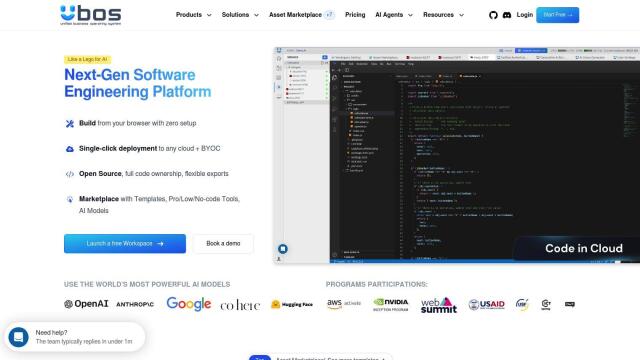
UBOS
Another contender is UBOS, an all-in-one, low-code platform for building custom Generative AI and AI applications directly in your browser. It includes features like one-click deployment to any cloud, low-code/no-code tools and a range of AI models like ChatGPT and Llama 2. UBOS is geared for both technical and non-technical users, so it's a good choice for startups and enterprises. It also includes collaborative workspaces, AI model integration and support for open-source tools and templates.

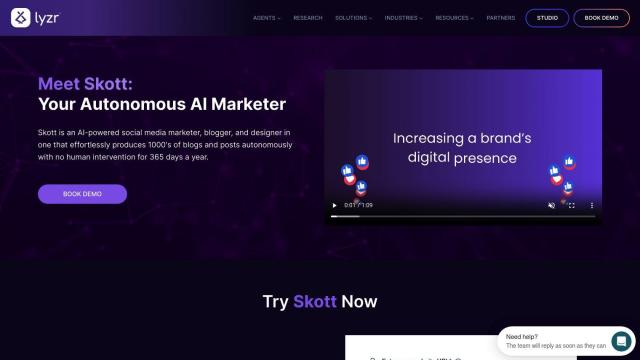
Lyzr
If you're concerned about data privacy and security, Lyzr offers an autonomous AI agent management platform that lets you create, deploy and manage AI agents directly on your own cloud infrastructure. It supports a range of AI agents, including chatbots and task agents, and has data security with compliance to ISO 42001 and SOC2 standards. Lyzr also offers a 3-step deployment process and flexible pricing plans, including a free license for prototypes and MVPs.

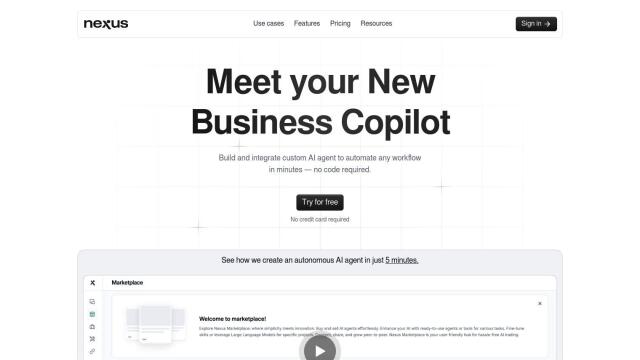
Nexus
If you want a no-code option, Nexus could be the way to go. This service lets you automate business processes rapidly with no coding by creating and deploying custom AI agents. Nexus supports a broad range of tasks, from sales to customer support, and integrates with more than 1,500 tools. It has a pay-as-you-go pricing model and offers Hobby and Pro plans with varying features and limits.

